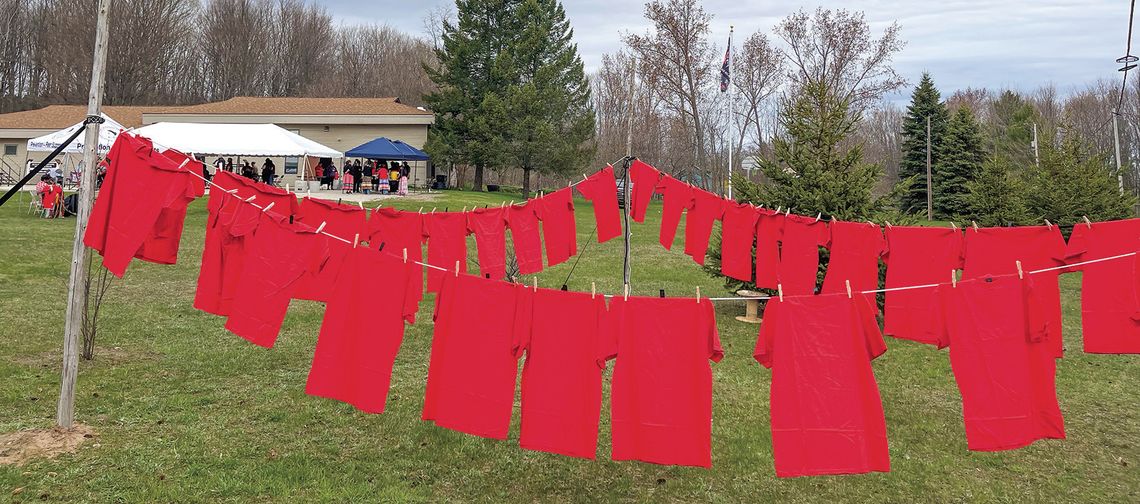GTB holds 4th annual Missing & Murdered Indigenous People Day
The Grand Traverse Band of Ottawa and Chippewa Indians (GTB) held its 4th annual Missing and Murdered Indigenous People (MMIP) Day of Awareness Monday afternoon.
Community members and GTB staff gathered outside the Heritage Library in Peshawbestown and heard from various speakers, including tribal chairwoman Sandra Witherspoon, who held a moment of silence to honor the memory of missing and murdered family members and friends.
PLEASE LOG IN FOR PREMIUM CONTENT. Our website requires visitors to log in to view the best local news.
Not yet a subscriber? Subscribe today!



